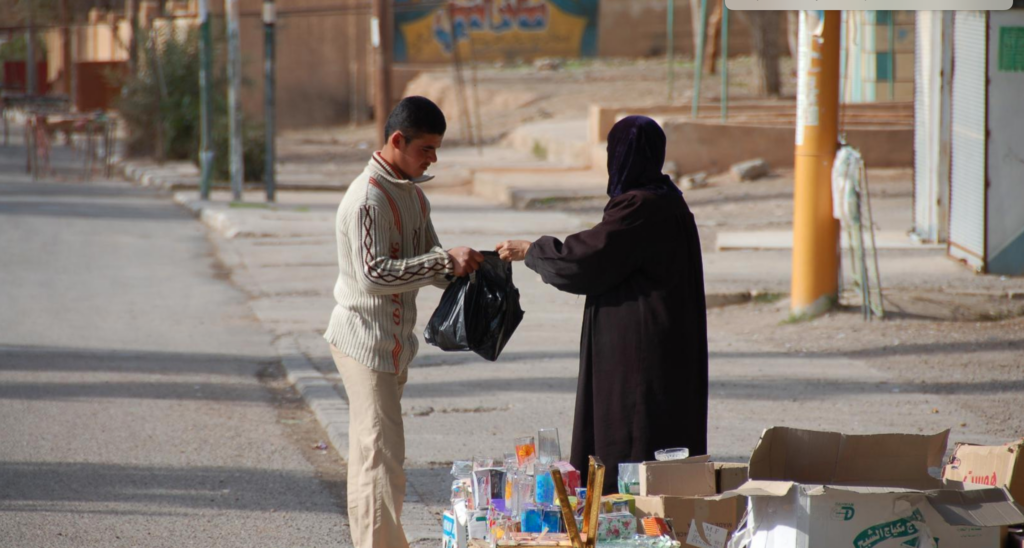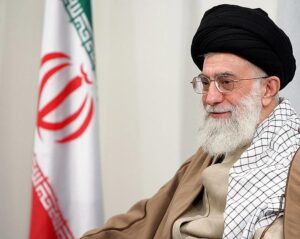Executive Summary
While experts agree on the disastrous economic and humanitarian conditions in Syria, divergence on the combination of factors causing it is wide. Sanctions are the most debated factor for their consequences, but war and public policies are often overlooked for their contribution. This study aimed to fill this gap by reconsidering the collective effects of war, sanctions, and public policies on the Syrian economy during wartime. The report suggests a framework to analyze the impact of the three factors on two distinct yet connected issues: the destruction of the economy and its recovery. To showcase this, three parts of the Syrian economy have been examined in this report: trade institutions, health and human capabilities, and manufacturing. The three chapters showed that the woes of the Syrian economy during wartime cannot be attributed to only one factor, and studying the sequence and domain of effect for each is key to better analyze the situation and provide sound policy advice.
This report offers a framework for a comprehensive analysis that could help produce more balanced assessments on the causes of destruction and determinants of recovery. The lack of accurate and systematic information on the Syrian economy is a challenge for all researchers. However, a robust analytical framework could reduce judgment errors and polarization over these politically charged issues. The Lebanese economic crisis and Covid-19 were two more external shocks to the Syrian economy that took place during the research production (2019-2021). The latter factors were included in the overall analysis, yet they should undergo a more careful assessment in the future.
Read and download the full report on Konrad-Adenauer Stiftung (KAS)




